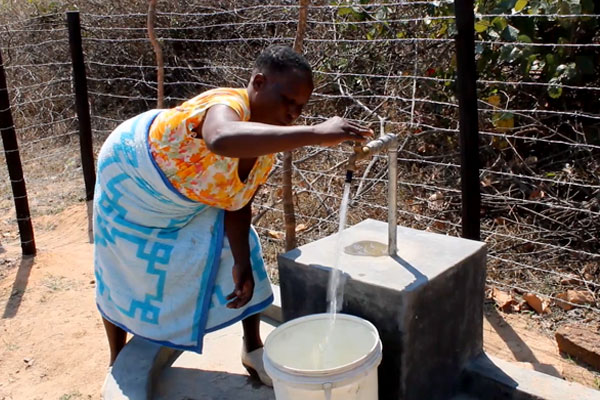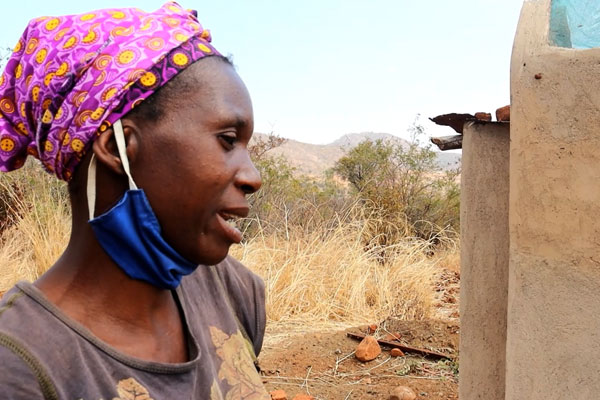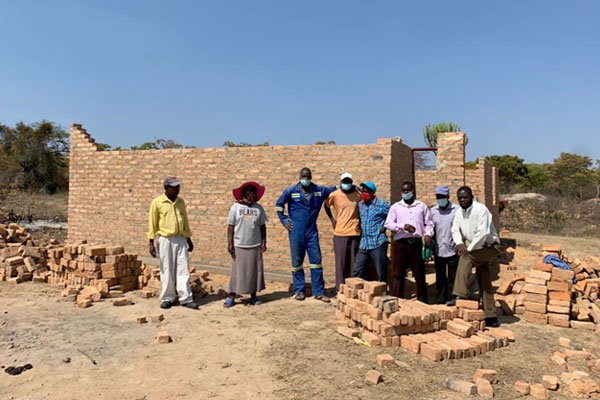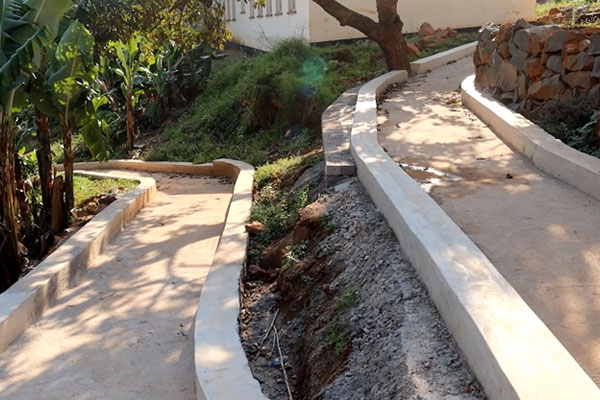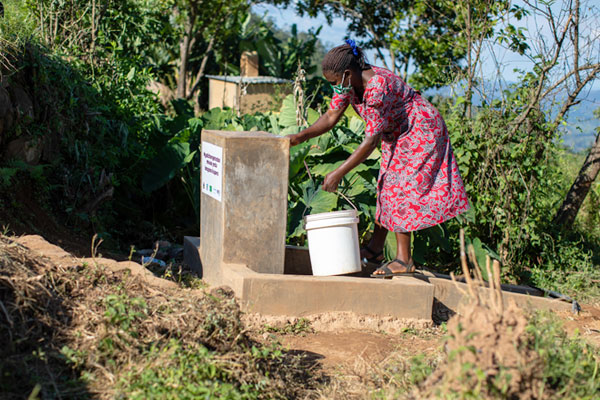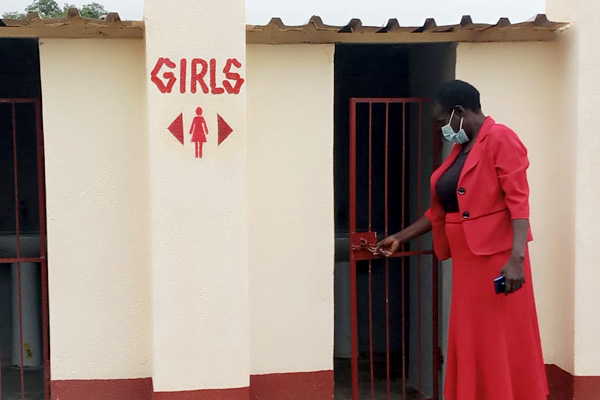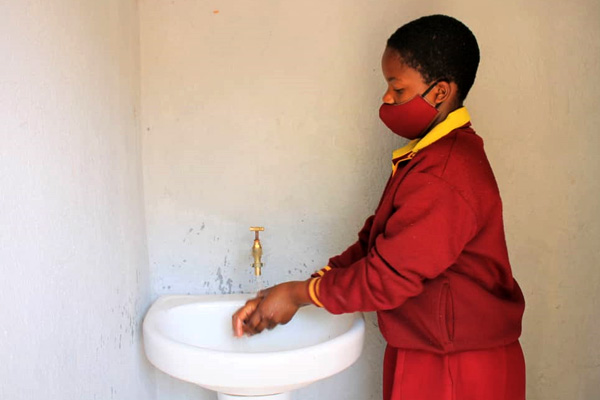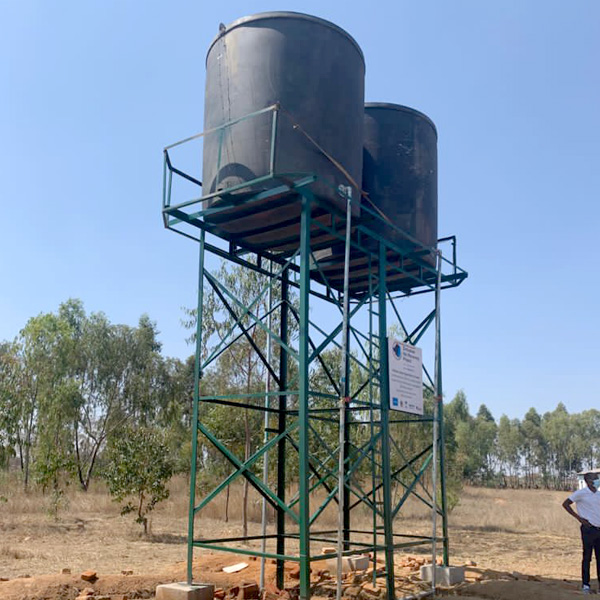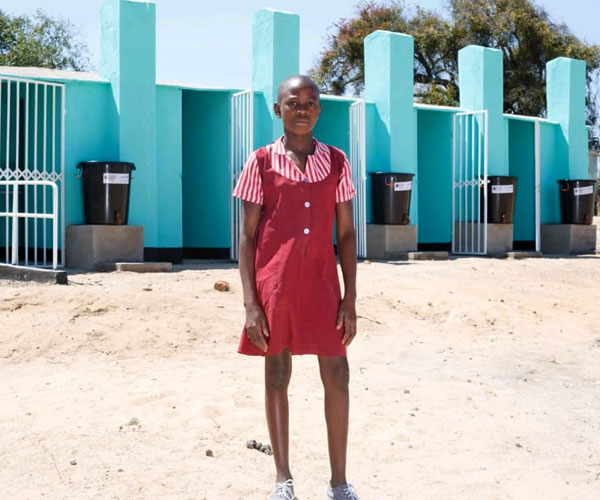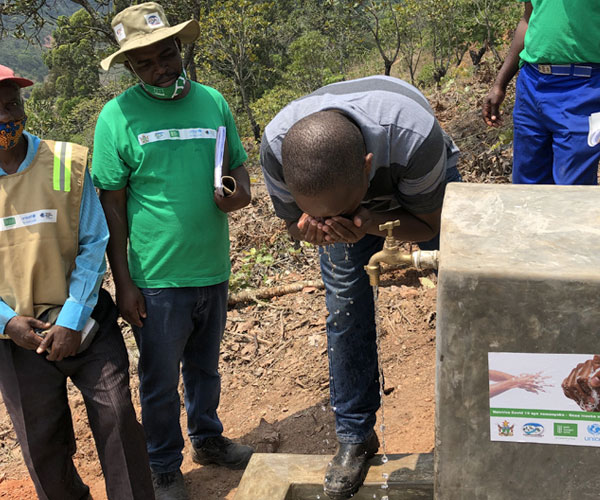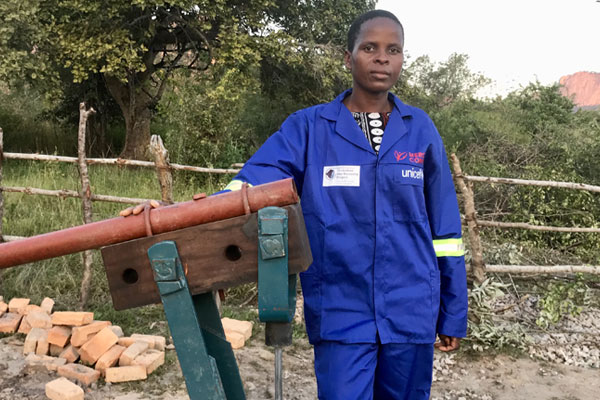Most of the progress made in achieving equitable access to safe and affordable drinking water for all was reversed when Cyclone Idai destroyed WASH infrastructure. ZIRP sought to improve access to adequate and equitable sanitation and hygiene for all and reduce open defecation, paying special attention to the needs of women and girls and those in vulnerable situations.
UNICEF, the technical partner under this component, worked on strengthening the adoption of safe hygiene practices using the Participatory Health and Hygiene Education (PHHE) approach; and fostering sustainability and resilience through WASH operation and maintenance and drinking water safety and security planning.






